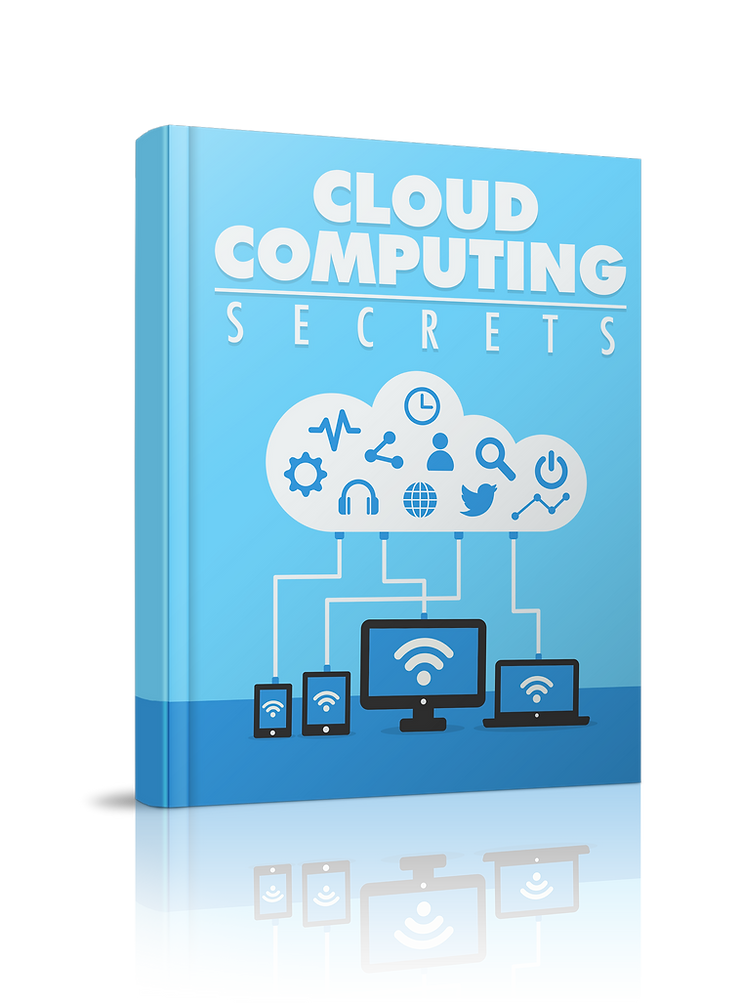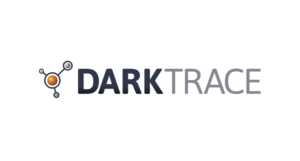Defining Cloud Computing
There are distinct differences between cloud computing and more traditional hosting services. Unlike conventional services, cloud computing can be sold on demand, usually by the minute or hour. In addition, it is elastic, meaning that a user can decide how much service to utilize at any given point and that the service is fully managed by a provider.
Thus, all a customer would need is a computer and an internet connection. In part, cloud computing is so popular because it is able to provide significant innovations in virtualization and distributed computing whilst making high speed internet more accessible.
The Basics
Cloud computing is configured to be either private or public and can switch between both easily while still providing its users with all the required services.
While public cloud computing offers services to anyone connected to the Internet, private cloud computing functions more like a data center or proprietary network that offers security, storage, and computing resources to a select group of clients. Ultimately, the goal of cloud computing is to provide a means of access to computing resources and IT services that is easy and scalable.
Infrastructure as a service allows a company to pay only for the capacity it needs and to purchase only what is needed. A platform as a service consists of software and product development tools hosted by the platform provider.
Vendors offer software-as-a-service where they provide the hardware infrastructure, the software product and interact with the user through a front end portal.
Benefits Of Cloud Computing
Cloud computing is primarily characterized by its ability to convey and use information technology services and resources. Some consider cloud computing to be a paradigm in which information is permanently stored on servers online and cached temporarily on computers with tools for online access.
The Key Benefits
It is probably of key importance to recognize that cloud computing models are not owned by users but are instead rented or paid for as needed. Despite what may seem like a loss of control, there are many other points that outweigh this.
One key attraction of cloud computing is that it involves lower costs, as this will allow organizations to focus more on providing goods and services rather than having to continually upgrade their computer systems.
Businesses gain better overall performance, efficient load balancing, faster data processing and lower cost of operation in comparison with traditional data centers.
In addition to its scalability and reliability, cloud computing is also reputed to offer better data security.
Cloud computing can also lead to a higher utilization of resources, such as green technology or clean technology.
Is Cloud Computing Really Secured?
Cloud computing is becoming increasingly popular, but security remains a concern. Cloud computing has undoubtedly altered how users manage their networks. In spite of the obvious cost reduction benefits, there is still a question of security as the information is spread across multiple servers.
Level of Security in Cloud Computing
Cloud computing, on the whole, is relatively safe as compared to other technologies. Security levels are similar to those of the standard web portal and computing platforms. In general, outages are the main concern for most users, who are likely to go into a panic when it happens to big players like Google.
Although these outages are common and cannot be avoided, users should be reassured by the fact that they do not necessarily mean information is lost or compromised.
Users are now more aware of security issues, which in turn makes them more compels them to tighten internal procedures and use stronger data security measures. It is rare for users to continuously monitor their networks for intrusions and take action immediately. With this knowledge in user behavior, cloud computing providers usually offer the relevant back up for every transaction almost instantly after it is made, which may include encrypting the data that is received to ensure those who are not supposed to have access to the data cannot read it.
Additionally, users can encrypt their own information before it is submitted to further enhance the security measures already in place. In short, cloud computing is quickly gaining ground in online environments.
What Is Public Cloud Computing All About?
Public cloud computing, as its name implies, is an application of the standard cloud computing model, in which a service provider delivers resources, such as applications and storage to anyone, anywhere. Public cloud computing offers a number of free or pay-per-use options.
Public Cloud Computing
The benefits of public cloud computing are many, which is why it has gained rapid popularity on the internet. In a truly innovative way, public cloud computing systems are able to provide essential computing resources at a minimal cost and provide easy set up, since the public cloud computing provider covers all the costs for hardware, applications, and bandwidth.
There are also scalability issues that are adequately addressed and largely meet the users’ satisfaction. In addition, there is little or no wastage because the user only pays for what they use, which is sometimes free.
Originally, the term public cloud computing was used to distinguish it from private cloud computing, which are both commonly used.
In private cloud computing, virtualization is used within a proprietary network or data center. In most cases, private cloud computing is managed by the organization it serves and a portion of the model, hybrid cloud computing, is maintained by both internal and external providers.
Delivering computing and storage functions to the end user as a service is definitely beneficial to the users and the cloud computing providers. Users can rely on these services for their data, software, and computing needs.
A web browser or a light weight desktop or mobile application could theoretically be used to access cloud applications while business software and data are stored on servers at remote cloud computing locations.
Hybrid Cloud Computing and It’s Advantages
Due to its many benefits, hybrid cloud computing is gaining a lot of traction in the industry, contributing to its popularity. Users, of course, are very concerned about ways to enhance their online experience, making hybrid cloud computing more vital.
What Hybrid Cloud Computing has to Offer
Cloud platforms are becoming increasingly popular among businesses, and hybrid appears to have a larger share of interest among them. The easy of being able to securely use cloud computing to create, process, share, and dispose data, and the ability to blend both private cloud computing and public cloud computing resources, make it more appealing for organizations to develop hybrid cloud computing architectures.
Hybrid cloud computing provides organizations with greater flexibility to meet the changing data needs that are constantly evolving, and allows them to offer the best possible options to their employees.
Hybrid cloud computing is also designed to easily accommodate the back and forth migration of applications between the public and private clouds as needed.
Hybrid cloud computing gives organizations the ability to choose which data to remain in the private cloud and which to make available on the public cloud.
Hybrid cloud computing can be used to run different applications on different cloud platforms and can also divide different elements of a particular application between the private cloud and the public cloud.
In Hybrid cloud computing, organizations are able to develop a strategy for an architecture that integrates and balances private cloud computing infrastructure with scalable and provisioned on-demand public cloud computing infrastructure.
Types of Cloud Computing for Your Business
Offering a great deal of benefits including increased efficiency and lower costs, cloud computing is a organizations many benefits.
Having a thorough understanding of the different types of cloud computing systems will allow organizations to choose the most appropriate cloud that aligns with their needs.
There are basically five types of clouds in use, designed or under development today. The proprietary cloud platforms that provide various services would include Google (type 1), Microsoft (type 2), and Amazon (type 3) other large IT companies (type 4), which would include the likes of IBM, Apple and HP.
Cloud Computing for your Business
In addition, there are a variety of cloud computing services offered by many cloud service providers (type 5). These cloud computing services could range from web and application hosting to vertical industry cloud services. Among the type 5 platform providers are telecommunications, web hosting, and SaaS companies.
Finally, there is the cloud computing service which is run by enterprise IT (type 6) with services that are provided for internal use and are used by the company’s employees and partners. Most large companies will choose to use in-house cloud computing services.
In a competitive business environment, the advantage provided by these types 1 – 6 cloud computing services is absolutely vital.
Cloud computing addresses this need through the creation of solutions, ecosystems, and partnerships with service providers and businesses.
Want to learn more about what we have to offer? Feel free to get in touch with us today and see how we can help.




